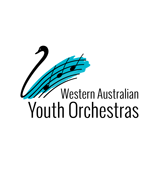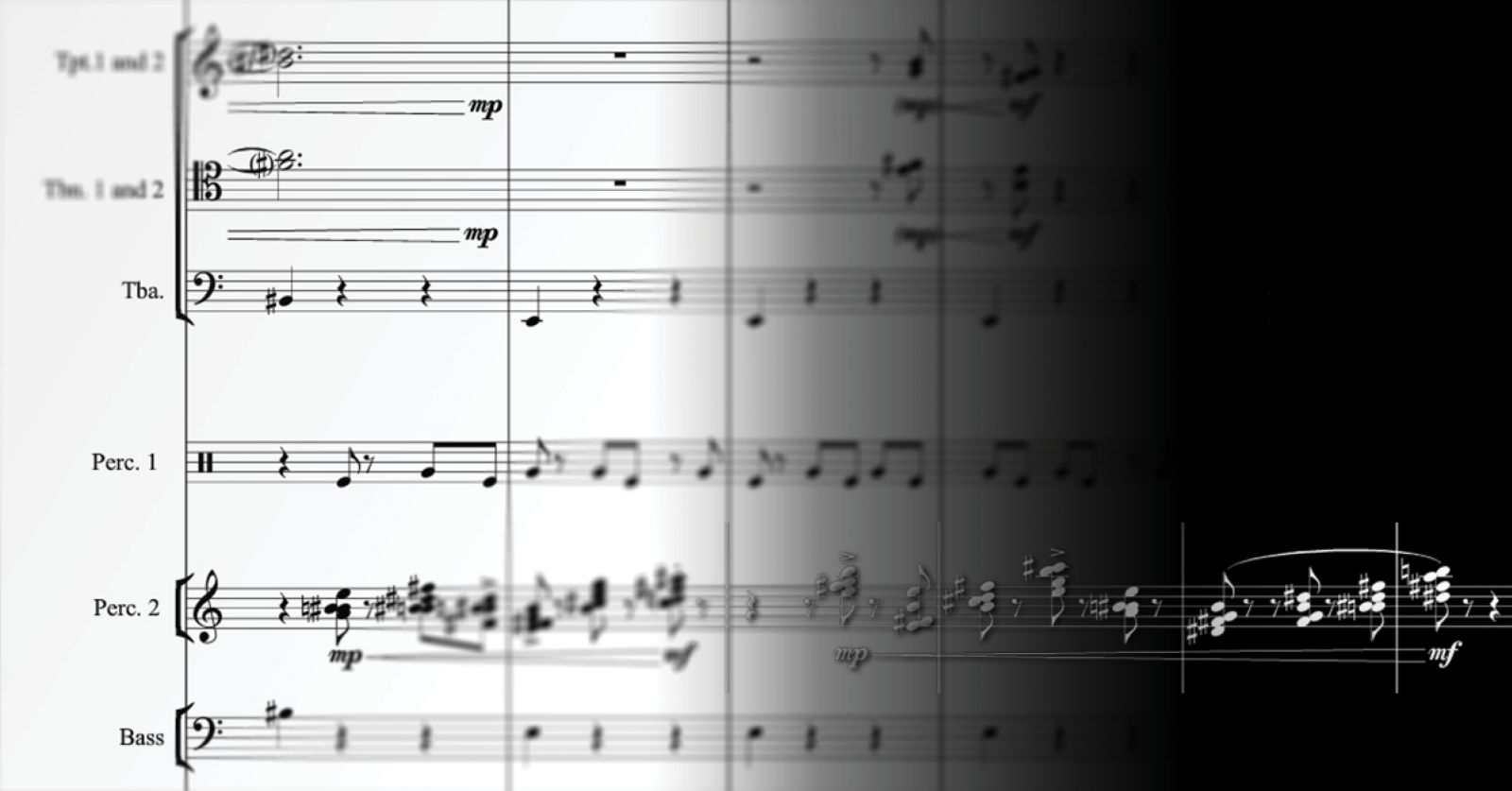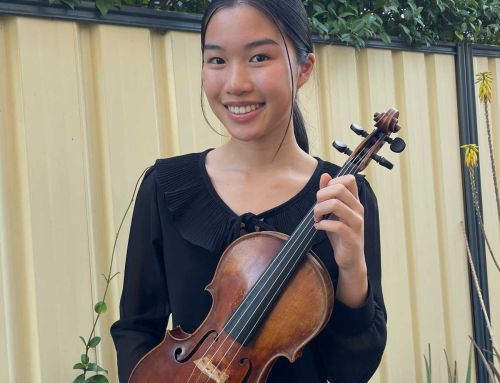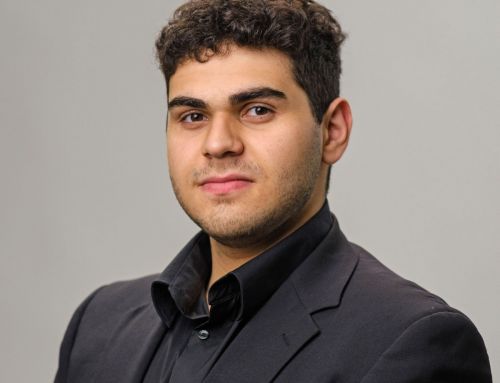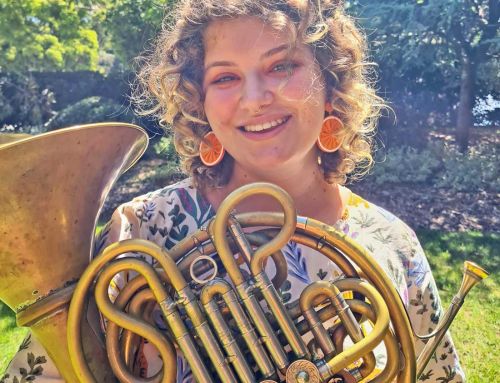Like many organisations, WAYO has keenly felt the impact of COVID-19, particularly regarding our 2020 concert season and initiatives. One of our newest and most highly anticipated initiatives, the Carol Day Commission, was put on ice as we navigated our way through a time of unprecedented performance uncertainty. We are thrilled to finally give the 2020 Carol Day Commission its well-deserved premiere this coming September! Composed by Georgia Scott, Into the Deep draws from both mythology and the aesthetic of the sublime, highlighting the ocean’s power to inspire both terror and awe.
Check out the World Premiere on Saturday 25 September at Perth Concert Hall – tickets on sale now!
 Hailing from Sydney, Australia, Georgia Scott is a composer of collaborative works across the disciplines of film, theatre, dance, and visual media. Following her undergraduate degree from the Royal College of Music, London, Georgia is now studying for her Masters of Music in Composition at the Sydney Conservatorium of Music where she is supported by the Doris Burnett-Ford Scholarship. Georgia has had works premiered in venues such as The National Portrait Gallery, London, The Dulwich Picture Gallery, St. Martin-in-the-Fields, National Sawdust and the Sydney Opera House. She has worked with ensembles such as the Sydney Symphony Orchestra, Janacek Philharmonic Orchestra, Moorambilla Voices, Gondwana Junior, The Australian World Orchestra, Flautist Claire Chase, Sydney Symphony Orchestra Fellows and Sydney Chamber Opera.
Hailing from Sydney, Australia, Georgia Scott is a composer of collaborative works across the disciplines of film, theatre, dance, and visual media. Following her undergraduate degree from the Royal College of Music, London, Georgia is now studying for her Masters of Music in Composition at the Sydney Conservatorium of Music where she is supported by the Doris Burnett-Ford Scholarship. Georgia has had works premiered in venues such as The National Portrait Gallery, London, The Dulwich Picture Gallery, St. Martin-in-the-Fields, National Sawdust and the Sydney Opera House. She has worked with ensembles such as the Sydney Symphony Orchestra, Janacek Philharmonic Orchestra, Moorambilla Voices, Gondwana Junior, The Australian World Orchestra, Flautist Claire Chase, Sydney Symphony Orchestra Fellows and Sydney Chamber Opera.
One of Australia’s most promising voices in contemporary classical composition, WA Youth Orchestras are thrilled to be working with Georgia Scott and look forward to fostering an environment of cultural and experiential exchange with our young orchestral members.
Get to know the composer as we chat with her below.
Take 10 with Georgia Scott
1. Why do you compose?
Music provides us with such a unique way of exploring topics, experiences and feelings that might otherwise be difficult to discuss. I love working with a medium that is universal and I find composing can often be a really cathartic experience.
2. Can you tell us about the first piece of music you ever wrote?
I had a wonderful piano teacher from the age of about seven who asked me to record things I made up on cassette (does anyone even know what those are still?!) so I have a bunch of those sitting around in storage somewhere with no way to play them. The first piece I actually notated was a piano piece called ‘Horses of the K/night’ which I composed when I was around eleven.
3. What do you think makes your music/sound uniquely your own?
I think my compositional voice is shifting and changing every day as I learn new things and learn from new people. I did play trombone (badly) throughout secondary school so I’m definitely partial to a good brass chord!
4. What, outside of music, most inspires you and/or your work?
Storytelling is immensely important to me. Unique and unusual stories are really inspiring, especially the stories of people that might often not be pushed to the fore.
5. Where and how do you work?
I often work from home, but I do sometimes like to tuck myself in a corner at a café as I find peoplewatching strangely inspiring. I usually start writing by researching as much as I can about a topic that I want to explore and then I sketch out a big structural plan on butchers’ paper. It’s only after that that I start notating things.
6. What do you think Australian listeners think of ‘new music’? What about new music excites you?
What excites me the most about new music in Australia is that there are so many incredibly diverse voices out there. I think it is fantastic that there seem to be more and more platforms to share the breadth of Australian ‘new music’ but I think we still have a long way to go in terms of getting this diversity to listeners easily. It is incredibly important that we educate young listeners on the breadth of new music being composed in this country.
7. If you could invite any composers, living or dead, to a dinner party at your house, who would they be and why?
I would definitely like to invite Lili Boulanger to dinner. Her music is incredibly beautiful and sadly so underrated. It would be amazing to learn from such a strong role model who stuck with her passion for composition despite living in a time when women were very rarely given the opportunity.
8. What life event has most affected/changed your music?
The opportunity to be part of the Sydney Conservatorium of Music’s ‘Composing Women Program’ in 2018-2019 was a watershed moment in my learning. The opportunity to learn from instrumentalists and composers in the industry allowed me to discover so much more about myself, my compositional voice and what I wanted to express as well as to gain practical experience in a way that is unfortunately not available to enough composers.
9. Why is it important to support women making music?
It is important to support the music of any people from underrepresented groups in composition. It is vital that diverse musical voices are heard, and that younger musicians and composers can see diverse role models in the industry, so that they know that there is room for them to have their voice heard.
10. What’s one thing you want emerging composers to know about choosing a career as a composer?
If it’s something you’re interested in GO FOR IT! Don’t listen to people who say that there is no work and no money. It is definitely hard work but also such a rewarding and exciting job!
